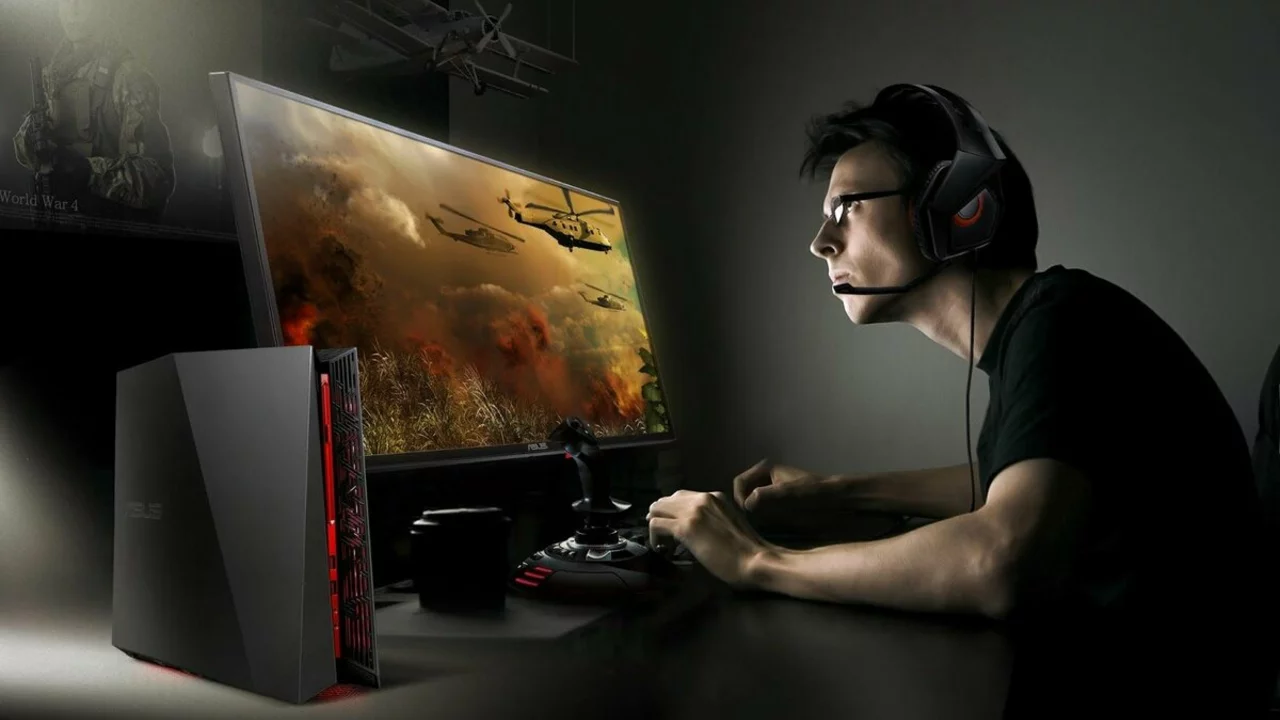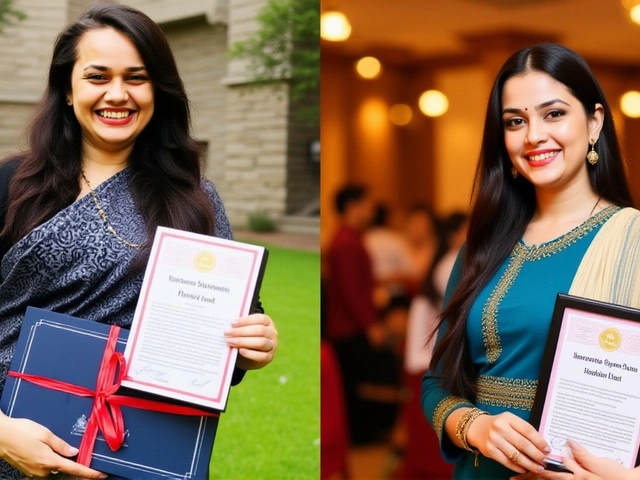Improving Gaming Skills: Easy Steps Anyone Can Follow
If you’ve ever felt stuck at the same level or keep losing to the same opponents, you’re not alone. The good news is that getting better at games isn’t magic – it’s about small, consistent habits. Below are practical moves you can start right now to sharpen your reflexes, strategy, and overall performance.
Quick Warm‑Up Routines
Just like athletes stretch before a match, gamers benefit from a short warm‑up. Spend 5‑10 minutes in a training mode or a low‑stakes match to get your hands and eyes in sync. Focus on basic actions: aim, movement, and reaction timing. If you play shooters, aim trainers like Kovaak’s or the built‑in aim range let you practice headshots without pressure. For racing games, run a few laps on a familiar track to feel the controls before you jump into a competitive race.
During this warm‑up, pay attention to your mouse or controller sensitivity. Small tweaks can make a huge difference in accuracy. Try adjusting DPI or in‑game sensitivity until your movements feel smooth and predictable. Note the settings that feel comfortable and stick with them – consistency beats constant tweaking.
Smart Practice Strategies
Instead of grinding endless matches, target specific skills. Pick one weak spot – maybe you miss melee combos or get caught on tight corners – and design a mini‑drill around it. Play a single round focusing only on that element, then review what went right or wrong. Repeating focused drills builds muscle memory faster than generic play.
Watching replays is a gold mine. After each session, rewind the last few minutes and spot the moments where you made a mistake. Ask yourself: “What could I have done differently?” Write down one takeaway and apply it in the next game. This habit turns every loss into a learning opportunity.
Set tiny, measurable goals. Instead of saying “I want to get better at this game,” try “I’ll land three headshots in a row” or “I’ll shave two seconds off my lap time.” When you achieve those micro‑goals, confidence grows, and you naturally start tackling bigger challenges.
Don’t forget to take breaks. Fatigue drags down reaction time and decision‑making. A short 5‑minute walk after an hour of play can refresh your brain and keep your performance sharp.
Lastly, join a community. Forums, Discord servers, or YouTube channels dedicated to your game are full of tips, maps, and drills shared by players who’ve already mastered the basics. Ask for feedback, share your own clips, and you’ll discover shortcuts you’d never find playing solo.
Improving gaming skills is a marathon, not a sprint. By warming up, practicing with purpose, reviewing your play, and staying connected with other gamers, you’ll see steady progress without feeling burnt out. Grab your controller, try these steps, and watch your scores climb.
In the quest to answer the question, "Why is my friend better than me at every video game?", I've realized several factors play into this. My friend devotes more time to gaming, gaining experience and mastering the game mechanics. They also engage in research about the games, learning strategies and tips that give them an edge. Additionally, they have a natural talent for quick decision-making and hand-eye coordination. Lastly, they have a competitive spirit, driving them to constantly improve their performance.
READ MORE





